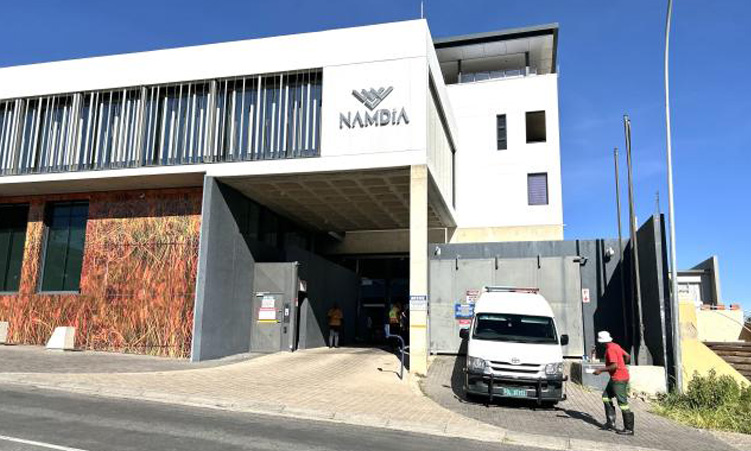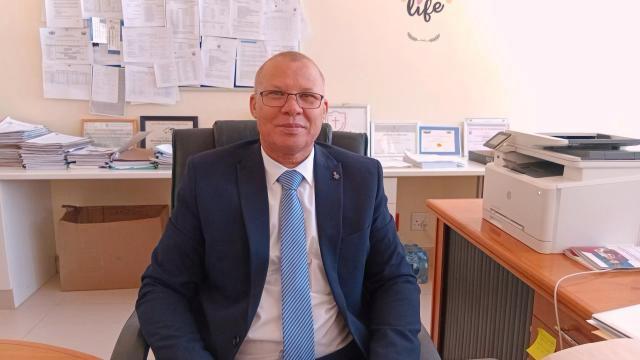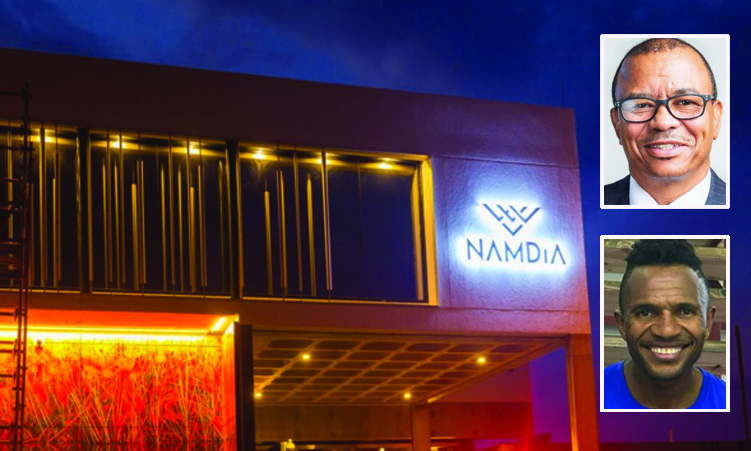ELLERINE, the furniture retailer acquired by African Bank Investments Limited (Abil) for N$8,9 billion in 2007, was in a worse state than the microlender had thought, with write-offs having reached N$1,1 billion, Leon Kirkinis, the chief executive, said on Monday.
Kirkinis said the price that Abil paid for Ellerine did not reflect the risks in the furniture retailer, adding that Abil paid more than it should have.
‘We sailed into a storm and due diligence was not as good as it should have been,’ Kirkinis said during an address to shareholders at the company’s interim results presentation in Midrand.
No action would be taken against those who conducted due diligence.
After realising that Ellerine was in bad shape, African Bank reduced store numbers from 1 235 to 1 131. The staff complement was cut from 17 471 to 14 489.
But Kirkinis said Abil would have gone through with the deal even if the due diligence audit had revealed all the problems affecting Ellerine.
This was because the acquisition of the furniture retailer was part of a broader strategy.
At the heart of the Ellerine problems was the fact that the retailer had centralised the collections methodology, which did ‘not make sense at all’. And the company had heavy bad debts.
The firm delisted Ellerine early last year.
Given that some parts of Ellerine were so bad, one shareholder asked Kirkinis whether Abil would claim back a portion of the purchase price.
‘No, we cannot do that. I think we should stand up and take the blame for our actions,’ said Kirkinis.
Mark Ingham, an independent analyst at Ingham Analytics, said very few people knew the type of ‘rubbish’ that was in Ellerine, adding that the discovery should have come as a surprise to the company.
Steve Meintjes, a senior analyst at Imara SP Reid, said his firm had raised concerns about Ellerine last year.
‘It is taking longer and costing more to fix the business,’ said Meintjes. ‘But this does not mean they will not get it right one day.’
Trying to fix Ellerine had already cost African Bank about N$400 million, said Kirkinis.
Abil raised its headline earnings by 16 per cent to N$937 million in the six months to March, in what Kirkinis described as a solid set of numbers, though Ellerine continued to disappoint. -Business Report
Stay informed with The Namibian – your source for credible journalism. Get in-depth reporting and opinions for
only N$85 a month. Invest in journalism, invest in democracy –
Subscribe Now!









